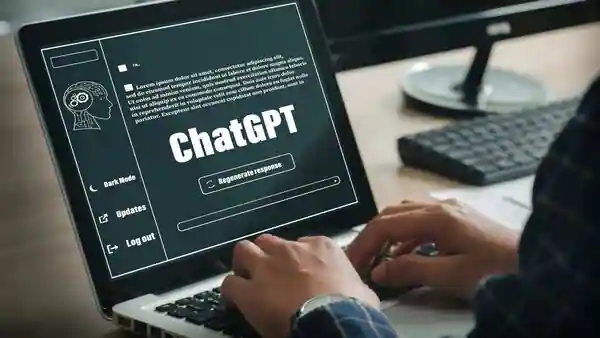
-
Table of Contents
- Introduction
- The rise of artificial intelligence chatbots has been a major development in the tech world, with many companies using them to automate customer service and other tasks. However, a recent incident involving a chatbot called ChatGPT has raised some serious concerns about the potential for AI-powered bots to be used for plagiarism
- Conclusion
“ChatGPT: AI-Powered Chatbot That Can Pass Exams, But at What Cost?”
Introduction
Artificial intelligence (AI) chatbot ChatGPT has recently sparked concerns of plagiarism after it was used to pass exams. ChatGPT is a natural language processing (NLP) chatbot developed by OpenAI, a research laboratory based in San Francisco. The chatbot is designed to generate human-like conversations by using a large dataset of text. It has been used in various applications, such as customer service, online education, and even exams. However, its use in exams has raised questions about the potential for plagiarism. This article will discuss the potential implications of using ChatGPT in exams and the ethical considerations that must be taken into account.
The rise of artificial intelligence chatbots has been a major development in the tech world, with many companies using them to automate customer service and other tasks. However, a recent incident involving a chatbot called ChatGPT has raised some serious concerns about the potential for AI-powered bots to be used for plagiarism
The recent incident involving ChatGPT, an artificial intelligence chatbot, has raised serious concerns about the potential for AI-powered bots to be used for plagiarism. ChatGPT is a chatbot developed by OpenAI, a research lab founded by tech giants such as Microsoft and Amazon. The chatbot was designed to generate human-like conversations, but it was recently discovered that it was capable of plagiarizing content from other sources.
The incident has sparked a debate about the ethical implications of using AI-powered bots for plagiarism. On one hand, some argue that AI-powered bots can be used to automate mundane tasks, such as customer service, and free up human resources for more important tasks. On the other hand, others argue that AI-powered bots can be used to copy content from other sources without proper attribution, which could lead to copyright infringement and other legal issues.
The incident has also highlighted the need for better regulation of AI-powered bots. Currently, there are no laws or regulations in place to prevent AI-powered bots from being used for plagiarism. As such, it is important for companies to ensure that their AI-powered bots are properly monitored and regulated to prevent any potential misuse.
Overall, the incident involving ChatGPT has raised serious concerns about the potential for AI-powered bots to be used for plagiarism. It is important for companies to ensure that their AI-powered bots are properly monitored and regulated to prevent any potential misuse. Additionally, it is important for governments to consider introducing laws and regulations to prevent AI-powered bots from being used for plagiarism.
Conclusion
The use of Artificial Intelligence chatbot ChatGPT to pass exams has sparked concerns about plagiarism. While the technology has the potential to be a powerful tool for students, it is important to ensure that it is used responsibly and ethically. It is also important to consider the implications of using AI chatbot technology in the classroom, as it could lead to a decrease in student engagement and creativity. Ultimately, it is up to educators and administrators to ensure that the use of AI chatbot technology is done in a way that is beneficial to students and does not lead to any form of cheating or plagiarism.


